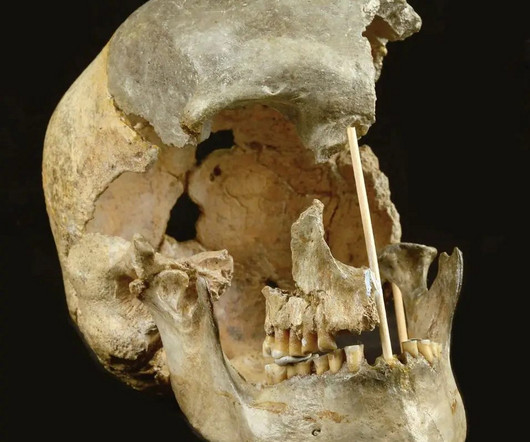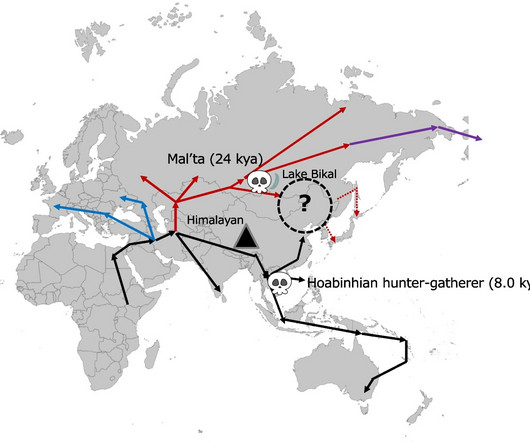Tracing the Genetic Threads of Wallacea’s Complex History
Anthropology.net
JANUARY 8, 2025
A recent study sheds new light on its human history, highlighting the deep impact of migrations from New Guinea into this region approximately 3,500 years ago. The region, home to immense linguistic and genetic diversity, has often puzzled researchers seeking to untangle its complex history. Stoneking, M., Berger, B., & Reich, D.

















Let's personalize your content